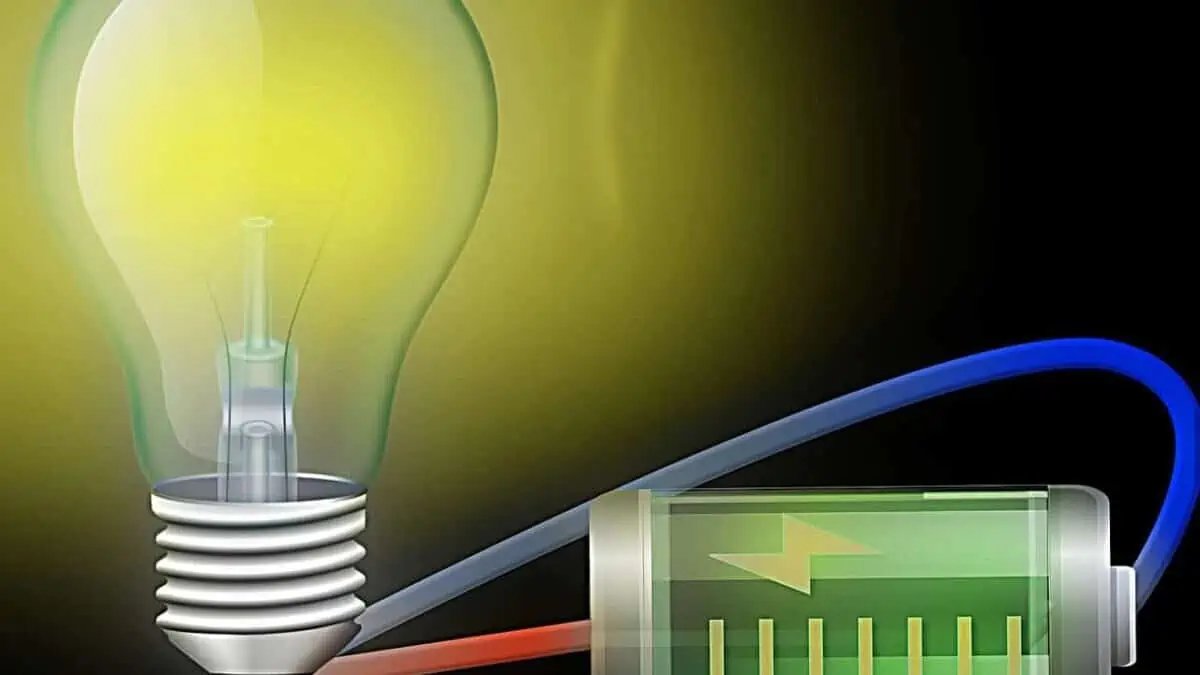On Friday, the media reported that the Chinese EV manufacturer JAC had displayed the world’s first electric vehicle (EV) that is powered by a less expensive sodium-ion battery.
This development could help reduce the price of future EVs by as much as ten percent.
Existing technologies that depend on lithium and cobalt as the primary ingredients can be challenged by sodium-ion batteries, which use cheaper raw materials and provide electric vehicle manufacturers with an alternative.
JAC and Hina Battery Technologies
According to South China Morning Post, the sodium-ion battery was created by a startup company based in Beijing called Hina Battery Technologies.
According to a statement released by Hina, the JAC EV is outfitted with a battery that has a capacity of 25 kilowatt-hours (kWh) and has the potential to travel up to 250 kilometers on a single charge.
A surge in lithium carbonate prices last year made many battery manufacturers and downstream users face ever-rising cost pressures
Therefore, sodium-ion batteries offering better cost-performance, high safety as well as excellent cycle performance, have been widely expected as the most promising alternative to lithium-ion batteries
Hina Battery technologies stated on their sodium-ion batteries
Compared to their lithium-ion counterparts, sodium-ion batteries have a lower density. These batteries have several benefits, including high charging speed and performance at low temperatures.
Hina, established in 2017, is a company that develops and sells sodium-ion batteries.
BYD to expand international operations
Meanwhile, Chinese electric vehicle manufacturer BYD is expanding its international operations, with a unit sales target of 2023 to overtake Elon Musk’s Tesla.
According to a Nikkei Asia report, BYD, which operates in over 40 countries, intends to sell nearly two million EVs this year, including in Japan, Southeast Asia, and Europe.
According to a report released this week, global EV charging revenue is expected to exceed $300 billion by 2027, up from $66 billion in 2023.
BYD Auto stayed the worldwide market leader in December of last year, shipping more than 5,37,000 EV units – a 197% increase (on-year).
According to Juniper Research, the total number of plug-in vehicles worldwide will exceed 137 million by 2027, up from 49 million in 2023.






